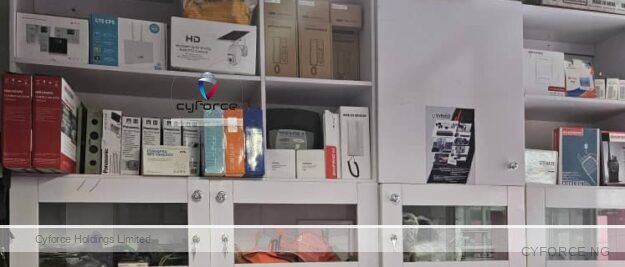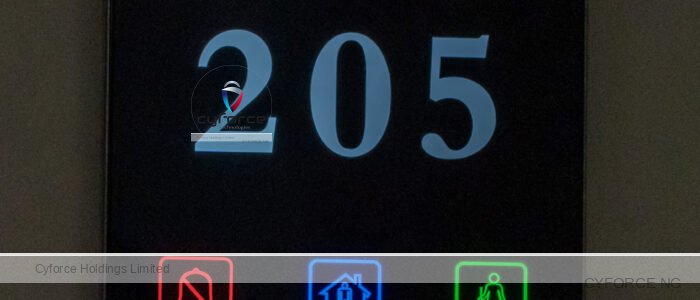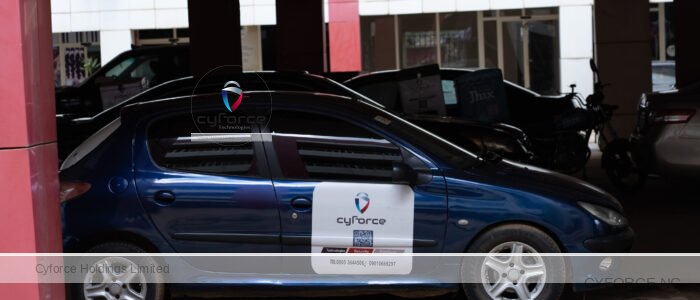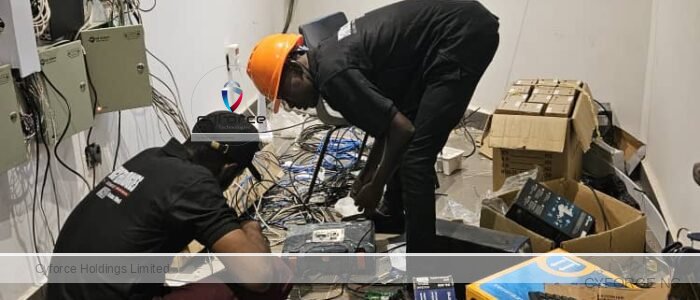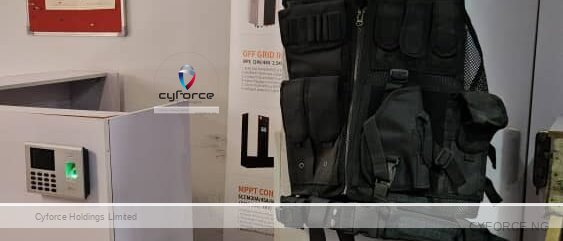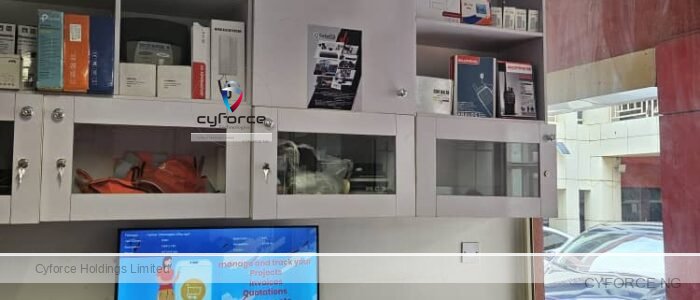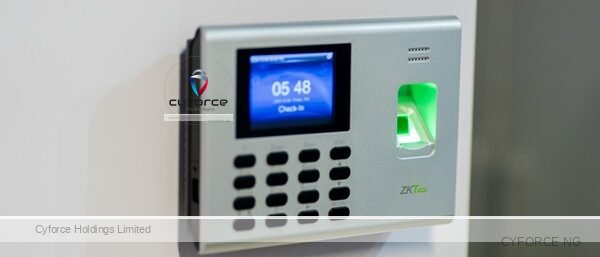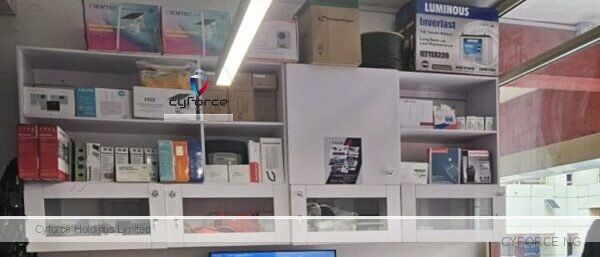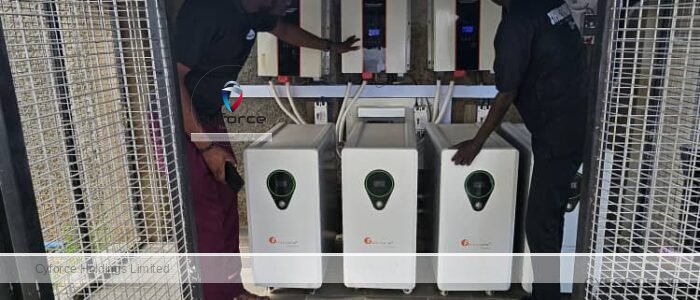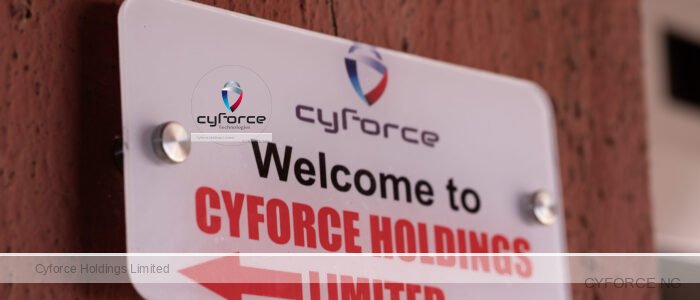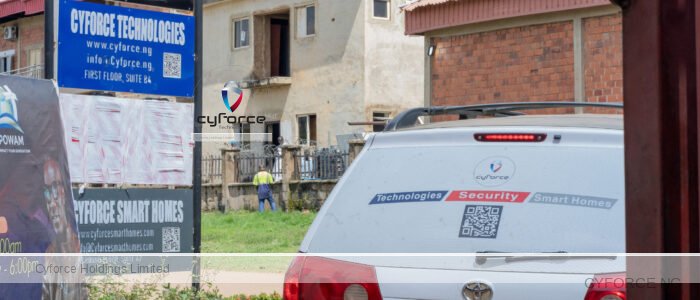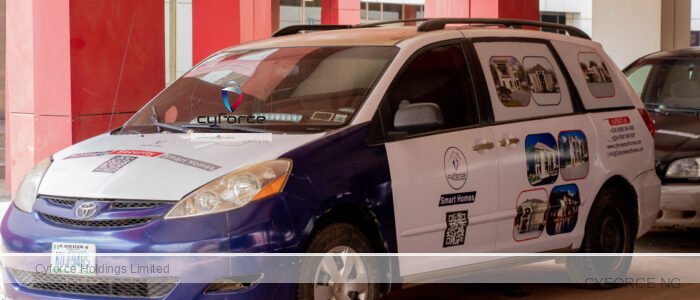Alarm Systems, Your Business’s Best Friend
When most people think about alarms, the first thing they imagine is the sudden siren from a car at midnight or a shrill noise when someone puts in the wrong code at work. Annoying? Yes. But when you look at alarm systems from a business point of view, they’re actually lifesavers. They might not be as glamorous as CCTV cameras or biometric access controls, but alarms are the backbone of many successful security setups.
The truth is, alarms are a company’s first line of defense. Cameras record, access control restricts, but the alarm is the one that responds instantly. It alerts people, it scares off intruders, and in modern systems, it even notifies managers, security providers, or the authorities before the intruder knows what’s happening.
What Alarm Systems Really Do
Most people underestimate alarm systems, thinking they’re just ‘noise machines’, but modern alarms have evolved into smart, integrated tools that handle way more than just burglars. They can:
Detect forced entry through doors, windows, or other points.
Sense unusual motion in restricted zones.
Trigger alerts for smoke, fire, or gas leaks when paired with detectors.
Send instant notifications to phones, emails, or central monitoring rooms.
Work alongside CCTV and access control to build a complete shield.
So, alarms aren’t about making noise for the sake of it. They’re about forcing a quick response whether that means staff taking action or the police being called.
Why Hotels, Offices, and Shops Can’t Do Without Alarm Systems
Let’s talk about hotels first. Picture this: It’s 2 a.m. An intruder tries slipping in through a service entrance. CCTV will catch the footage, but without an alarm, staff might only notice in the morning. With an alarm, the breach triggers instantly, lights may turn on, and security is alerted within seconds. That can be the difference between a minor incident and a full-blown crisis.
Offices need alarms for a slightly different reason. Beyond theft, offices have sensitive documents, client data, and expensive equipment. Even a small, unauthorized access attempt can snowball into legal and financial trouble. An alarm system ensures that the moment something goes wrong, someone is notified.
For shops and supermarkets, it’s even simpler: alarms prevent losses. Criminals are less likely to target stores with visible alarm systems, and if they still try, the loud siren and instant alerts will make them regret their decision.
Benefits You Might Not Think About
Alarms bring a lot more to the table than most businesses realize:
Fire and Hazard Protection
With the right setup, alarms are linked to smoke and gas detectors, offering early warnings that literally save lives.
Insurance Perks
Insurers often give lower premiums to businesses with functional alarm systems. Less risk for them, more savings for you.
Staff Safety
Employees working late nights feel safer knowing there’s a backup system to protect them if something goes wrong.
Peace of Mind (We cannot overemphasise this)
Business owners can’t be everywhere, but knowing your property is monitored gives you the confidence to focus on running your business, rather than babysitting it.
Quick Response
Unlike camera footage that usually depends on manual reviewing, alarms prompt action as the event happens.
A Real-Life Example
Consider a small pharmacy that suffered repeated break-ins. Thieves kept targeting it after closing hours, and although CCTV footage was available, it only showed what happened after the fact. Losses kept adding up.
Eventually, the owner invested in a monitored alarm system. The next attempt triggered an immediate alert, the siren scared the intruders off, and police arrived before any real damage was done. Not only did the break-ins stop, but employees felt more secure, and customers trusted the pharmacy more because they could see management was serious about safety.
Picking the Right Alarm System
Not all alarm systems are made equal. Some just make a local sound, while others are part of a 24/7 monitored setup. Choosing the right one depends on:
Property Size: A small shop doesn’t need what a five-story hotel needs.
Integration: Should it link with CCTV, access control, or even building automation?
Type of Threats: Is burglary the main concern, or should the system also detect fire and gas leaks?
Budget: Pro tip: go for reliable systems that won’t fail in critical moments, even if they cost more upfront.
Response Plan: An alarm is only as good as the people who respond to it. Who gets notified, and what’s the action plan?
To Wrap Up
Alarm systems are sometimes overlooked in the big conversations about security, but they shouldn’t be because they’re lifesavers. For hotels, offices, shops, and even warehouses, alarms are not just about preventing crime: They also protect staff, reassure customers, reduce insurance costs, and ensure quick responses in emergencies.
And yes, sometimes that loud siren in the middle of the night is annoying—especially when it’s a false alarm. But if it means protecting your livelihood, your people, and your customers, then it’s the kind of noise every business should be happy to hear when it counts.
So, here’s the big question: do you want to be the business scrambling after a loss, or the one that stopped it before it even happened?
If you’d prefer to be the latter, take action now. Click on this link and let us know what type of business you run. We’d be happy to match you with the right alarm system for your business.
Discover more from Cyforce Technologies
Subscribe to get the latest posts sent to your email.





